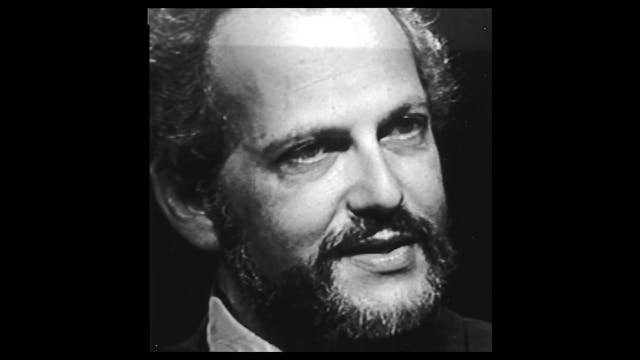Consciousness was dismissed as a topic for scientific discussion in psychology for over fifty years. Now things have changed. Bernard J. Baars presents a model of consciousness as a global workspace and suggests that the contours of consciousness can be understood by contrasting conscious and unconscious events. Generally, the unconscious processes work far more efficiently that those that are conscious.
Baars points out that we are conscious only of the goals of our actions and not of the thousands of miniscule steps that are necessary for even the simplest of muscular movements. He describes the "self" as a concept that represents the continuity of all the conscious and unconscious processes of the mind.
Bernard J. Baars, Ph.D., is author of The Cognitive Revolution in Psychology and A Cognitive Theory of Consciousness. He is also editor of Consciousness and Cognition, an academic journal, and a professor of psychology at the Wright Institute in Berkeley, California.
Up Next in Bernard Baars - How Consciousness Functions
-
Baars, Bernard - How Consciousness Fu...
Consciousness was dismissed as a topic for scientific discussion in psychology for over fifty years. Now things have changed. Bernard J. Baars presents a model of consciousness as a global workspace and suggests that the contours of consciousness can be understood by contrasting conscious and unc...
-
Baars, Bernard - How Consciousness Fu...
Consciousness was dismissed as a topic for scientific discussion in psychology for over fifty years. Now things have changed. Bernard J. Baars presents a model of consciousness as a global workspace and suggests that the contours of consciousness can be understood by contrasting conscious and unc...

